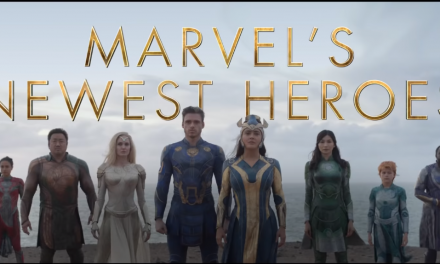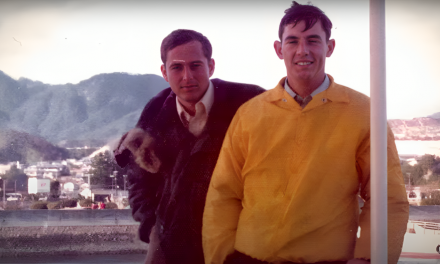(Photo Credits: Screengrab from Netflix: Behind the Streams’ Official YouTube Account)
Disclosure, a 2020 American documentary directed by Sam Feder, offers a profound examination of transgender representation in film and television. Premiering at the Sundance Film Festival on January 27, 2020 before its release on Netflix on June 19, 2020 – the film has garnered critical acclaim for its insightful analysis and powerful storytelling.
Disclosure delves into the ways trans individuals have been portrayed on screen, tracing a history that is often fraught with stereotypes and harmful narratives. The documentary features a plethora of trans voices, including Laverne Cox, one of the executive producers, alongside other notable figures like MJ Rodriguez, Jamie Clayton, and Chaz Bono. Through their testimonies, the film sheds light on the real-world impact of these portrayals on both the trans community and society at large.
Further, the documentary meticulously explores over a century of trans representation, from early silent films to contemporary television shows. It highlights how trans characters were often depicted as deceitful, dangerous, or simply as the butt of jokes. These portrayals not only reinforced negative stereotypes but also contributed to the marginalization and misunderstanding of trans people in real life.
Disclosure is not just an academic exploration; it is deeply personal. Trans actors, writers, and filmmakers share their experiences of seeing themselves misrepresented on screen and the emotional toll it has taken on them. They discuss the internal conflict of loving film and television while recognizing the pain that inaccurate representations have caused.
The film also emphasizes how media representation influences public perception and policy. For many people, film and television are their primary sources of information about trans lives. Misrepresentation can lead to ignorance, prejudice, and discrimination, while accurate and respectful representation can foster understanding and acceptance.
Despite the troubling history, Disclosure also highlights moments of progress and hope. It celebrates shows and films that have offered nuanced and respectful portrayals of trans characters, such as Pose, Paris Is Burning, Transparent, and The L Word: Generation Q. These positive representations are crucial for challenging stereotypes and offering trans people the visibility and validation they deserve.
Disclosure has been praised for its comprehensive and heartfelt approach. Critics have lauded the film for its ability to combine rigorous analysis with emotional depth. It has been described as essential viewing for anyone interested in understanding the power of media representation and its impact on marginalized communities.
The documentary ends with a call to action for the entertainment industry to continue improving trans representation. It encourages filmmakers, writers, and producers to hire trans talent and tell trans stories with authenticity and respect. By doing so, the industry can contribute to a more inclusive and understanding world.
Disclosure is a landmark documentary that offers an essential perspective on the representation of trans people in media. It is a powerful reminder of the importance of seeing oneself reflected on screen and the role that accurate and respectful representation can play in shaping a more inclusive society. For anyone interested in film, media studies, or social justice, Disclosure is a must-watch.
Whether you are part of the trans community or an ally, Disclosure provides invaluable insights and a deeper understanding of the importance of representation. It challenges viewers to think critically about the media they consume and the stories they support, ultimately advocating for a future where all voices are heard and respected.
Happy viewing!










“… the ways trans individuals have been portrayed on screen, tracing a history that is often fraught with stereotypes … ” The portrayal has nothing to do with the large percentage of trans individuals who loudly present themselves over dressed, over made up, over voiced, and over acting? Deep in the stereotypes? Thankfully, more and more trans individuals are presenting themselves well dressed and well made up and without garish behaviour. Some you’d never expect were trans. These individuals promote tolerance and acceptance much better than those who think forcing acceptance and tolerance is effective. Many trans individuals cry that… Read more »
I’ve never seen one that dressed suitably or appropriately.
they are out there but they do not call attention; hence, they are invisible to the media
you are not alone
Like ‘Amy’ on “Jeopardy” ssooo very pleasantly unusual, I think ‘her, dressed for my age’ look and mannerisms were just right on spot, I cheered for her, just a hint of “edge” with a small nose piercing, yet conservatively dressed.
Who cares how she’s dressed? And why are you putting her name in inverted quotations? Weird.